Turing’s Insight – Why You Shouldn’t Be Scared Of AI
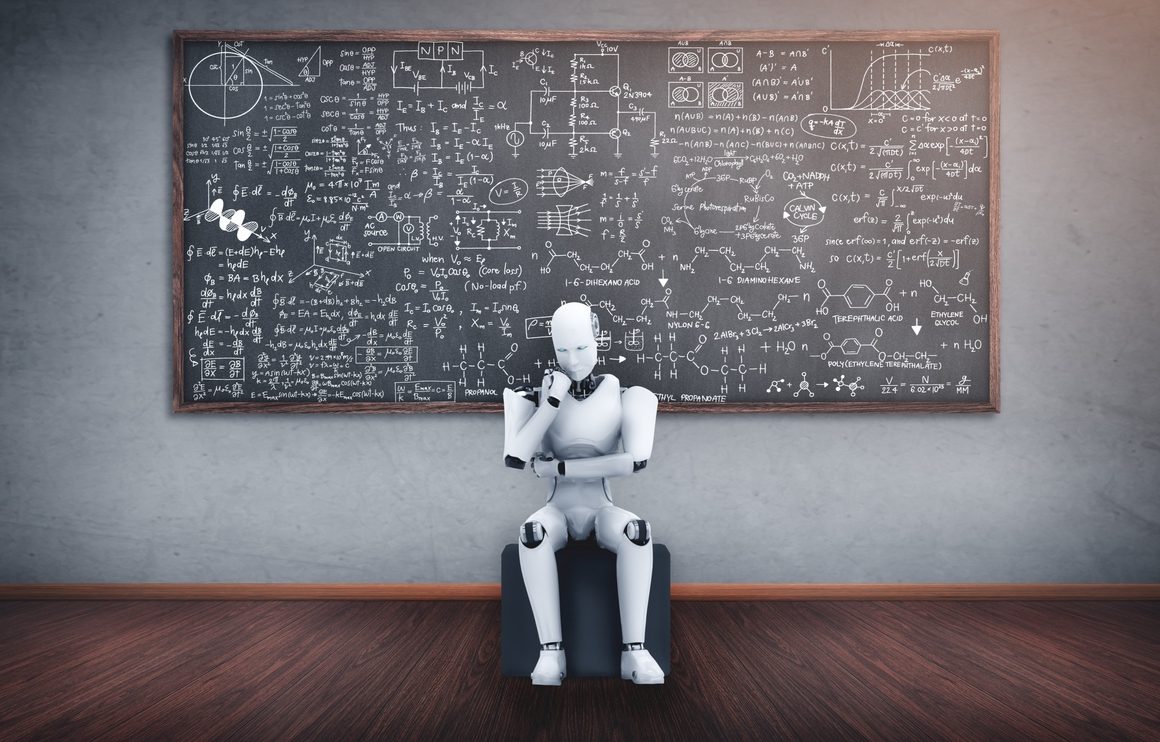
Discover why you shouldn’t be scared of AI! Dive into Turing’s insights on embracing technology and debunking fears in this enlightening exploration.
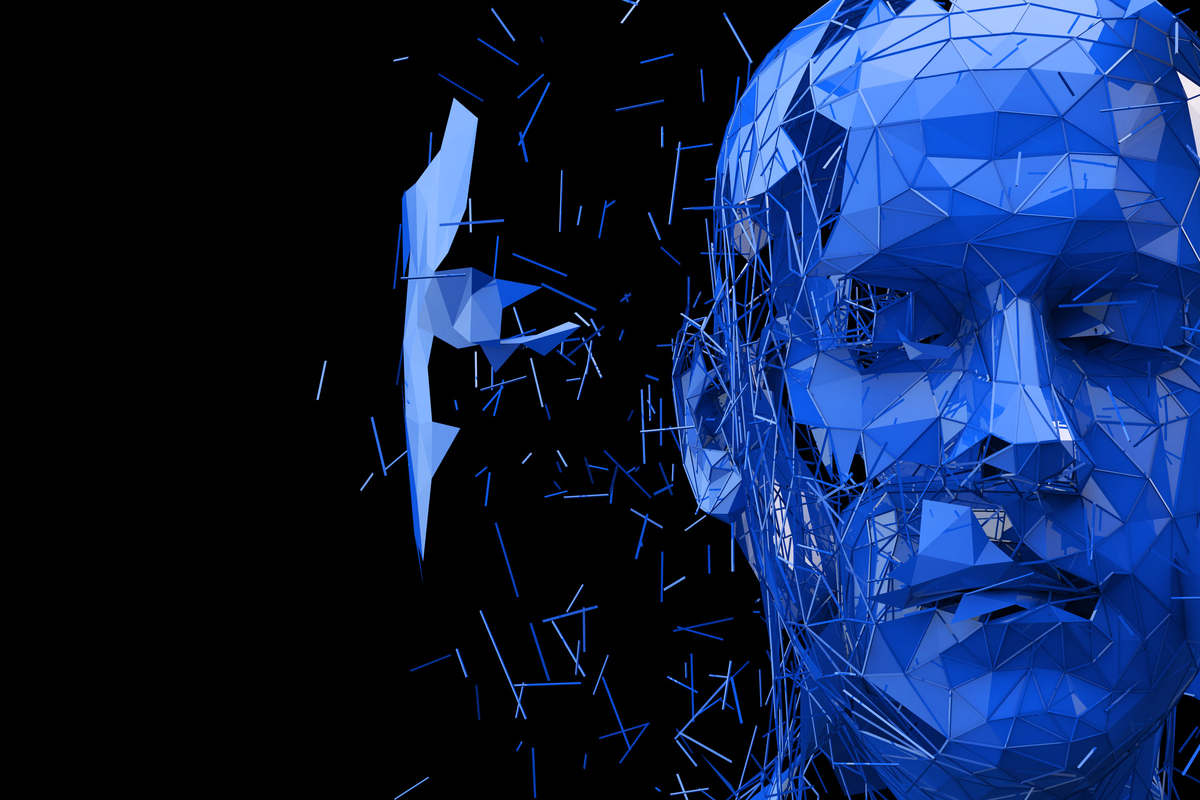
Artificial Intelligence concept. Human head made from connected lines. 3D Rendering
Artificial Intelligence (AI) once sparked visions of robotic overlords and dystopian futures. By 2040, AI is already projected to perform 90% of the world’s tasks, potentially creating more jobs than it displaces.
Still, we are insisting you not to worry, because there’s a logical reason for that.
Alan Turing, a pioneer of computer science, laid a foundation that reveals why such fears are misplaced. Contrary to the sensationalist portrayals of AI as a threat, Turing’s insights suggest that we should not be afraid of AI but rather embrace it as a powerful ally in enhancing human capabilities.
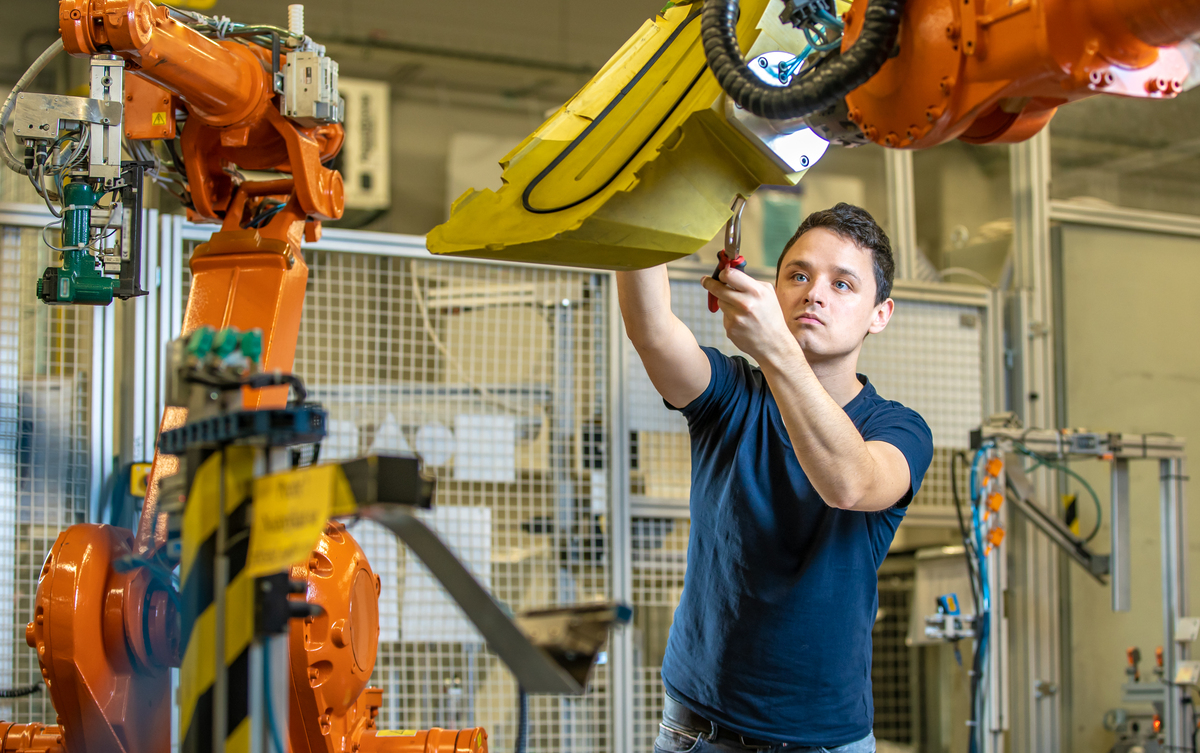
setting up a robotic line with automatic arms before starting the process.
Turing’s Vision: Machines as Augmenters, Not Replacers Why You Shouldn’t Be Scared Of AI
Alan Turing’s vision was remarkably forward-thinking. He conceptualized machines as tools to enhance human abilities rather than replace them. His idea of a “universal machine” was not about creating entities to outdo humans but about developing devices capable of executing a range of tasks through programming.
This fundamental principle explains why you shouldn’t be scared of AI: it’s designed to assist and augment, not to dominate. Today’s AI systems follow this ethos by supporting human activities across fields like healthcare, finance, and transportation, enhancing our efficiency rather than displacing our roles.

Generative AI virtual assistant tools for prompt engineer and user for ease of engage artificial intelligence AI technology help people to work with generative AI functions by prompting the AI snugly
AI’s Capacity to Solve Complex Problems
AI’s ability to solve intricate problems is not a reason to be afraid of AI but a testament to its utility. Turing’s idea that machines could address complex issues is realized in AI’s current capabilities.
For instance, AI algorithms can sift through vast datasets, identify patterns, and provide insights that are beyond human reach. In medicine, AI’s role in analyzing medical imaging and predicting disease outbreaks demonstrates its potential to save lives and improve public health.
Embracing AI’s problem-solving prowess aligns perfectly with Turing’s vision of machines aiding in tackling humanity’s greatest challenges.
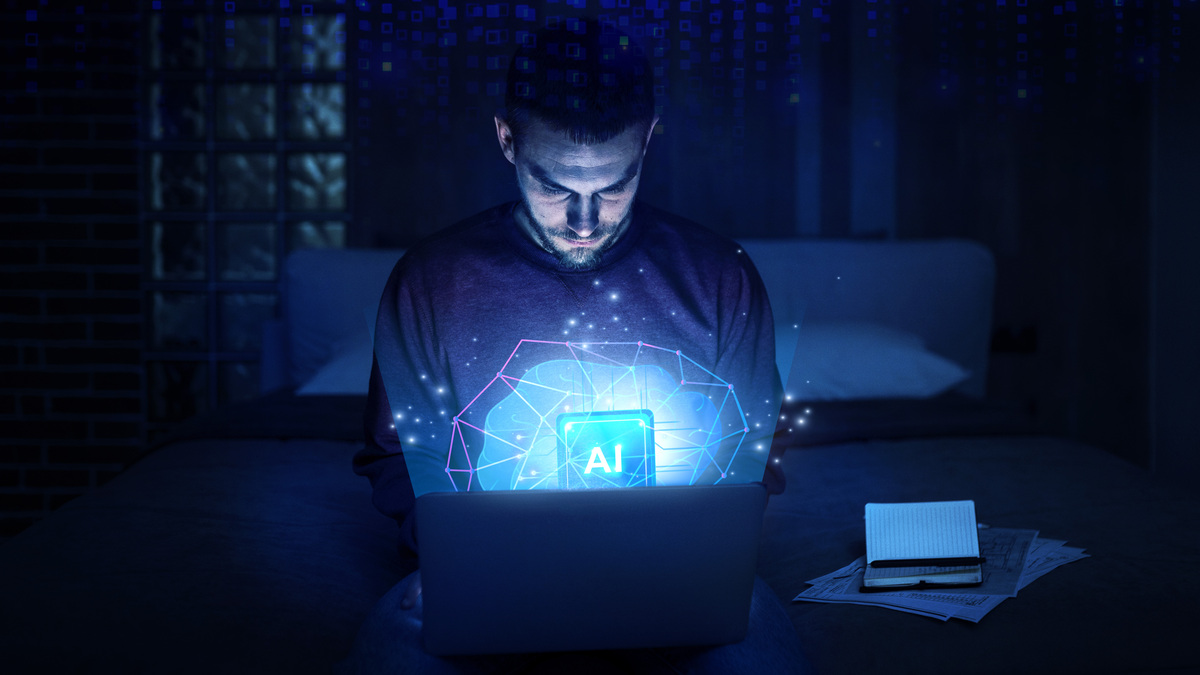
Enhancing Creativity and Innovation
Contrary to the notion that AI stifles creativity, Turing believed that machines could foster innovation. Today’s AI, particularly through technologies like generative adversarial networks (GANs), proves this belief. These AI systems create original music, artwork, and innovative solutions that push the boundaries of human creativity. AI accelerates research and development by providing new tools for scientific exploration, such as simulations and data analysis in drug discovery and materials science.
Thus, far from replacing human creativity, AI amplifies it, aligning with Turing’s view of machines as facilitators of human potential.
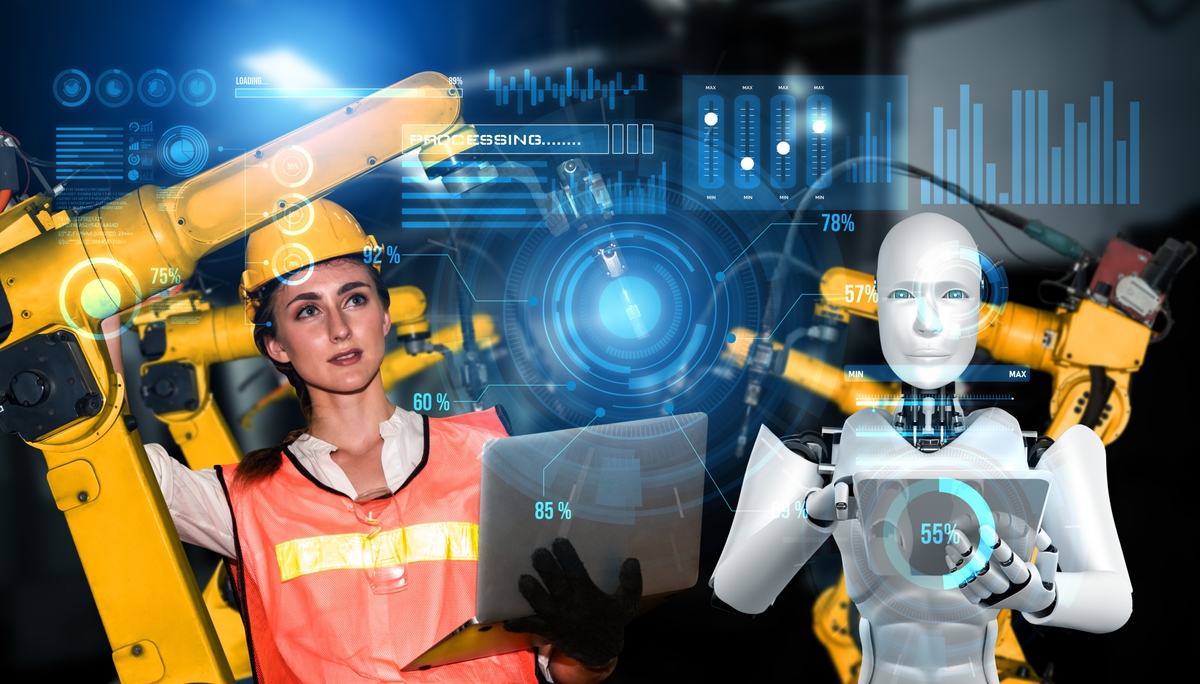
Transforming the Labor Market
A common concern is that AI will lead to job losses. However, this fear overlooks AI’s role in transforming rather than eliminating jobs. Turing envisioned automation as a means to handle repetitive tasks, freeing humans for more complex and creative endeavors.
AI’s ability to automate mundane tasks allows workers to focus on areas that require human skills, such as critical thinking and emotional intelligence. Moreover, AI creates new job opportunities in tech development, maintenance, and ethics. This evolution in the labor market is consistent with Turing’s perspective on leveraging machines for human advancement.
Isn’t this reason enough why you shouldn’t be scared of AI?
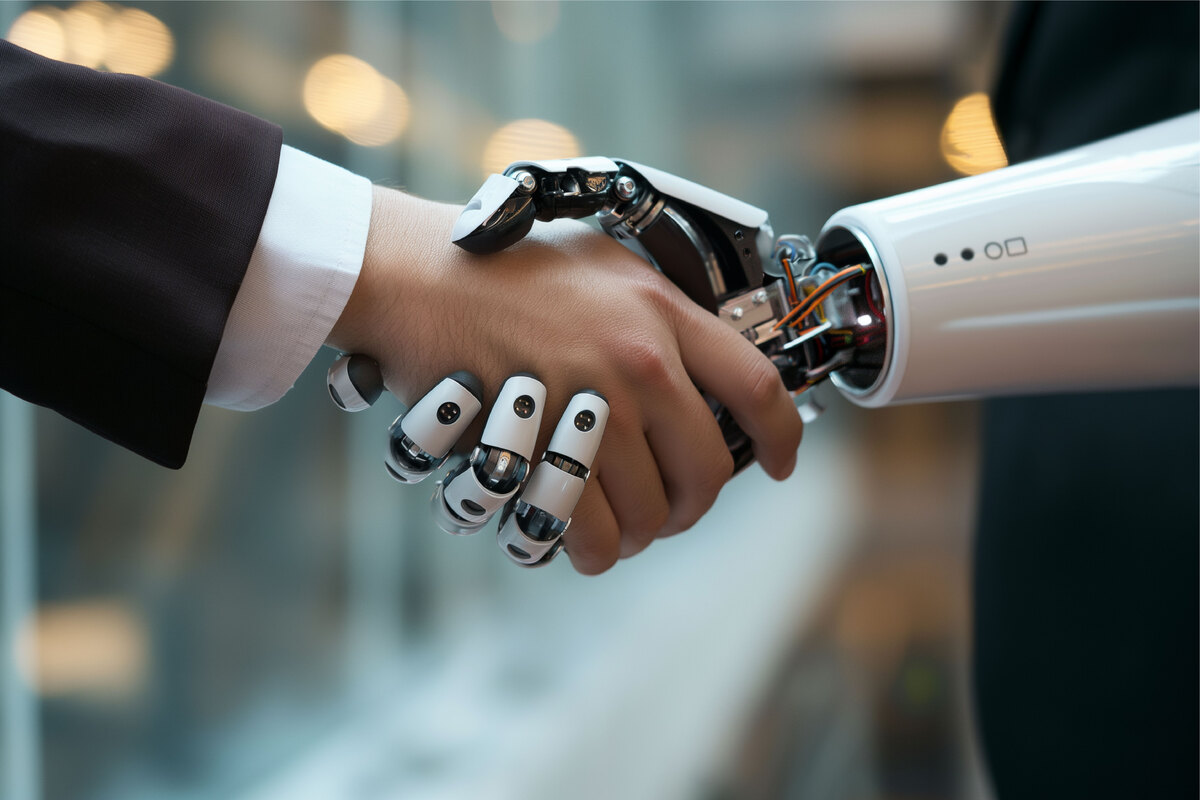
Collaborative Potential: Partnering with AI
Besides, Turing’s vision of machines as tools highlights the potential for human-AI collaboration. Rather than viewing AI as a threat, it should be seen as a partner in solving complex problems and enhancing societal progress.
In fields like healthcare and education, AI collaborates with professionals to provide more accurate diagnoses and personalized learning experiences. This collaborative approach can lead to improved outcomes and innovations across various domains.
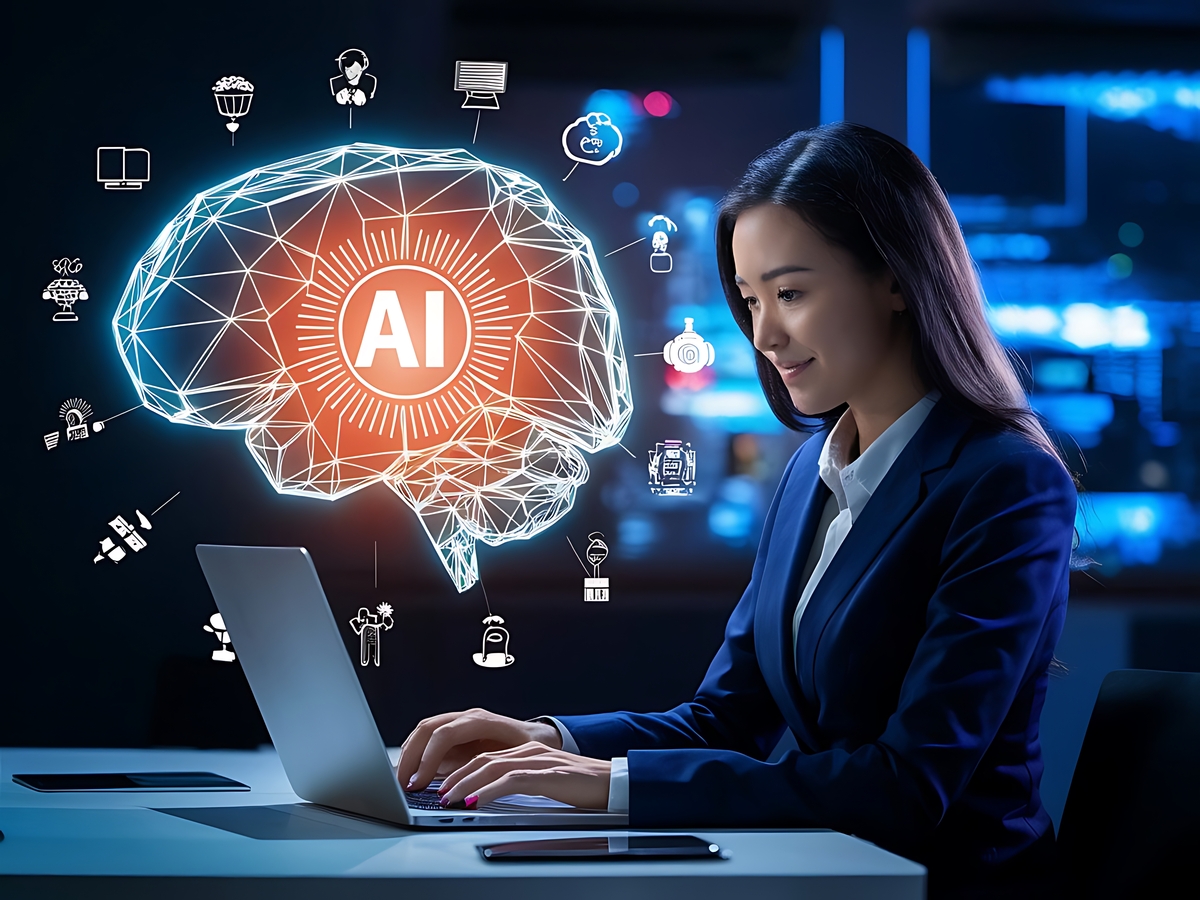
Continuous Learning and Adaptation
A core element of Turing’s vision was the machine’s ability to learn and adapt. Modern AI embodies this concept through machine learning and deep learning algorithms that continuously improve their performance.
This adaptability ensures that AI remains relevant and beneficial as it evolves with new data and experiences. By embracing this capacity for growth, we align with Turing’s insight into machines’ potential to enhance human decision-making and problem-solving.
Alan Turing’s groundbreaking ideas provide a reassuring perspective on AI. It clearly shows you why you shouldn’t be scared of AI. Instead, it’s better to embrace it as a powerful tool for more and quicker progress, guided by ethical principles and a collaborative spirit.
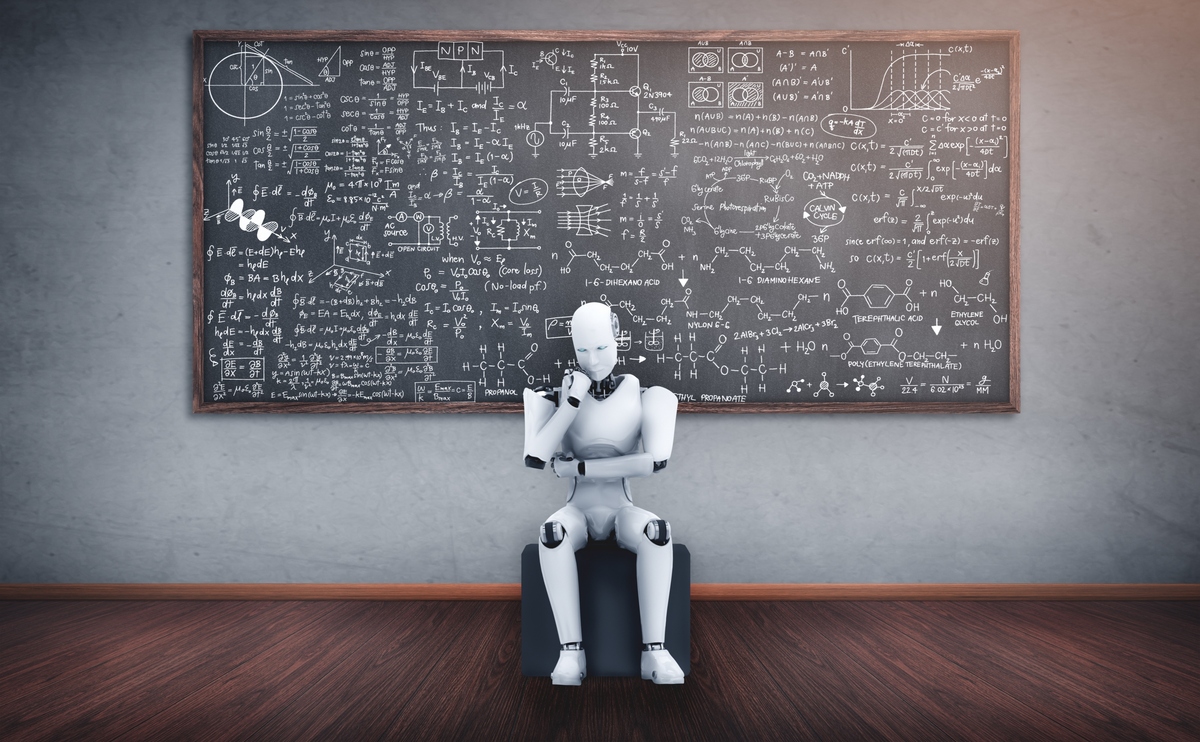
Turing’s legacy reminds us that AI, when viewed through the lens of augmentation rather than competition, is a real force for innovation and positive change.



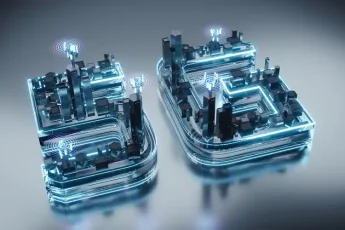

 Welcome to this vibrant corner of the internet—"Dreamy Grace!" This lifestyle blog is a space for inspiration, creativity, and connection. Feel free to explore, engage, and share your thoughts—after all, this blog is just as much yours as it is ours. Happy reading!
Welcome to this vibrant corner of the internet—"Dreamy Grace!" This lifestyle blog is a space for inspiration, creativity, and connection. Feel free to explore, engage, and share your thoughts—after all, this blog is just as much yours as it is ours. Happy reading!








Leave a Comment